17
What is World Vets?
“World Vets develops, implements and manages international veterinary and disaster relief programs to help animals, educate people and have a positive impact on communities. Improving animal welfare and alleviating suffering are high on our priority list but our work extends beyond that. Our programs help to prevent the spread of diseases from animals to humans; our livestock programs help small farmers to pull themselves out of poverty, and our disaster relief efforts for animals directly impact people who might otherwise remain in dangerous situations if the needs of their animals are not addressed.”
-Taken from the World Vets website
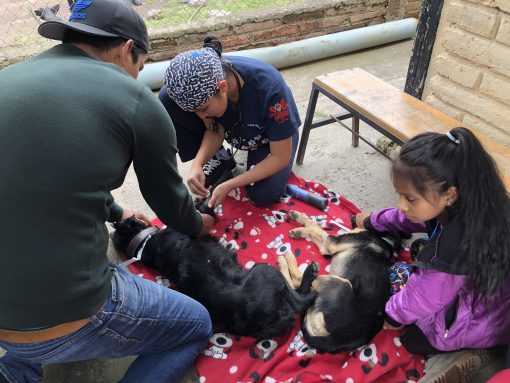
Think of it as kind of a Doctors Without Borders for animals. World Vets currently has projects operating in Asia, The Caribbean, Central America, Europe, and South America. So, chances are there’s a way to involved wherever your travels take you. Several of the projects, such as the one I participated in, involve setting up spay/neuter clinics and providing veterinary care for local communities who may otherwise not have the means or access to care for their pets. They also have disaster relief programs and various programs aiding marine mammals and livestock. You can read about all of their program offerings here.
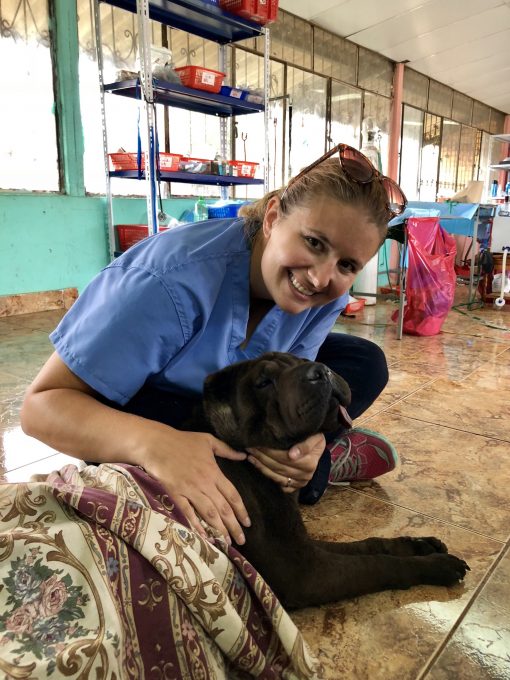
My World Vets Experience
My project was based in Otavalo, Ecuador and serviced areas in the surrounding Imbabura Province. This is an area in the Andes in the Northern part of Ecuador with a large indigenous population. The animals we serviced are mostly “owned” as pets, but typically live outside and roam at their leisure without any vaccinations or sterilization.
There were 4 “working days” on the project. The first day we traveled to two local communities and offered basic exams, rabies vaccinations, de-worming, and flea and tick preventative. We also handed out donated leashes and collars, as many of the animals were brought to us running loose, restrained with makeshift rope leashes, or even in large burlap sacks.
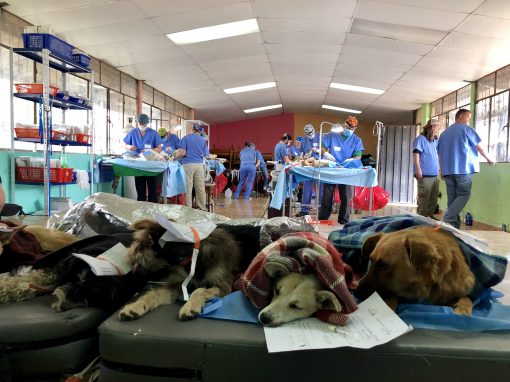
The next 3 days were spent at the clinic, which was set up in an abandoned school building. For these 3 days the veterinarians on the team performed spay and neuter surgeries, and a few other necessary procedures such as tooth extractions and tumor removals. The clinic was offered free of charge to the community with a suggested $5 donation that benefited a local animal shelter.
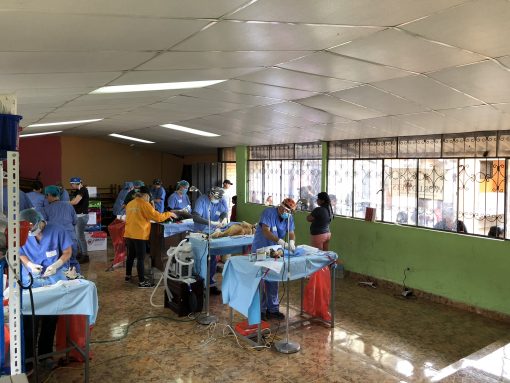
The team consisted of 6 veterinarians performing the surgeries, 7 vet techs, and 7 assistants. I have several years of experience handling animals working at shelters and as a kennel tech, but no medical experience outside of the 1 day working interview I had for a vet tech position, which I was subsequently offered for a whopping $8 an hour and I turned down. I think the concept of an “unskilled worker” that deserves minimum wage for being just a warm body is a complete myth meant to keep the rich rich and the poor poor, but if there is anything that should never be considered “unskilled” it’s a vet tech. The do very skilled, strenuous, and high stakes work. The way they are paid is an abomination, but that’s a rant for another day.
Anyway, with no medical experience and opportunity like this was a bit daunting. However, I was thrown in the trenches and by the end of the 4 days I had given subcutaneous vaccinations, assisted in surgery recovery, and even learned to place a catheter, and was taught largely in Spanish (which I do not speak) no less. I assumed they would have me checking people in, or handling clean up, so it was a very cool experience to really get in on the front lines.
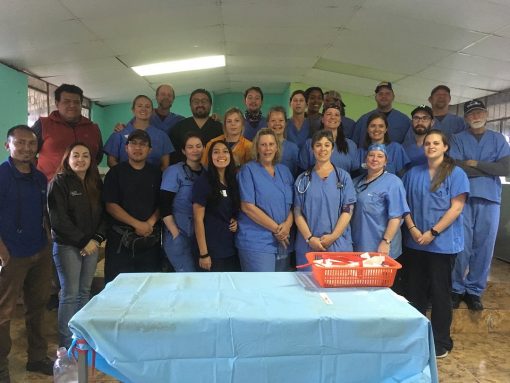
The Impact of Our Trip
The problem with “Voluntourism” in general is that often times it benefits the tourist more than the community, or in the worst cases, negatively impacts the community in an effort to make the tourist feel like some kind of savior. Basically, voluntourism has gotten a bad name from so many westerners hunting down instagramable selfies with impoverished African children. If you feel the calling to help out in foreign communities, it’s important to do your research and find out who the project is actually helping.
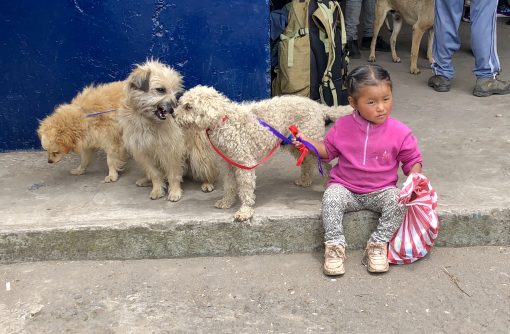
I can say without a doubt that World Vets is providing meaningful services that actually make an impact in the communities they serve. In 3 clinic days my team participated in, we performed 247 spays/neuter surgeries on dogs and cats, as well as countless rabies vaccinations and dewormings that will keep both the animal and human populations in the area happier and healthier. These clinics help educate local pet owners about proper animal care and the importance of spaying and neutering their pets. It also raised money for the local shelter, who will be working with animals there long after we are gone. This project will have an immediate and lasting effect on the local community.
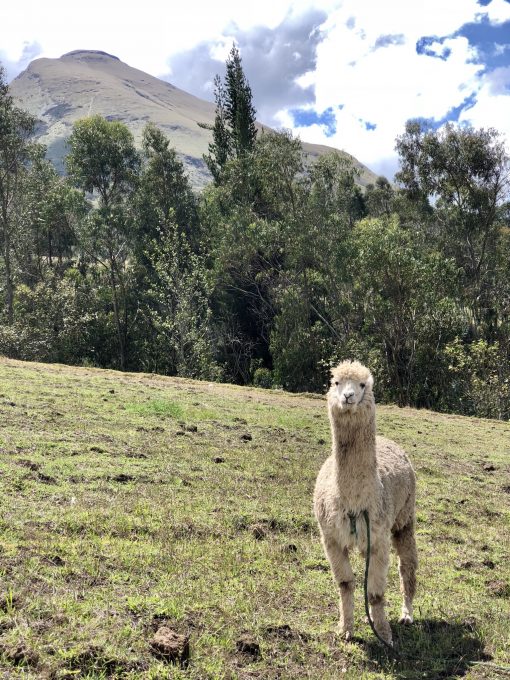
Exploring Otavalo
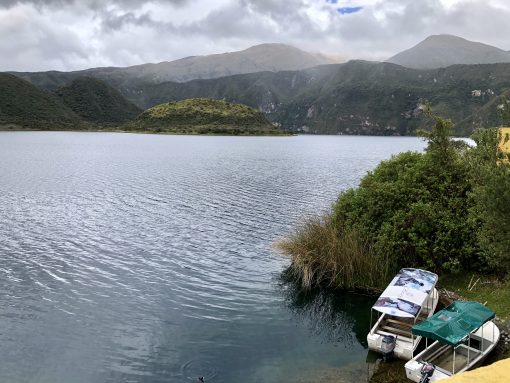
This World Vets experience was not all work and no play. We were there for 7 days, 4 of which were working, so we did get a bit of time to explore the town. We stayed at a beautiful place called Casa Latitud that services mainly volunteer groups such as ours. The hospitality was incredible. There’s a lovely restaurant on site that served some of the best food I had in during my time in Ecuador. Most of our nights were spent in the lobby bar unwinding after a long day with a glass of wine by the fire place.
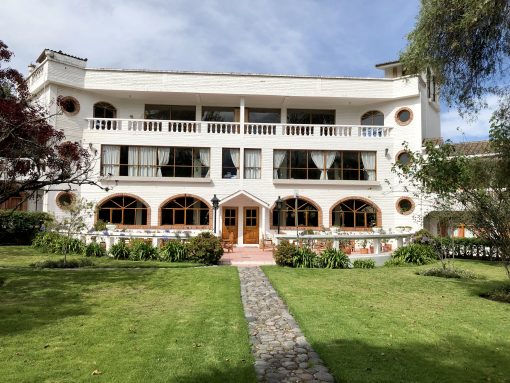
The location of Casa Latidud was also perfect for a short walk to the famous Otavalo Market. By day, the market features artisan handy crafts, primarily textiles and woven goods from alpaca (or some unknown blend thereof). At night, the textiles are traded out for delicious street food stalls selling empanadas, street corn, and various stews and meats.
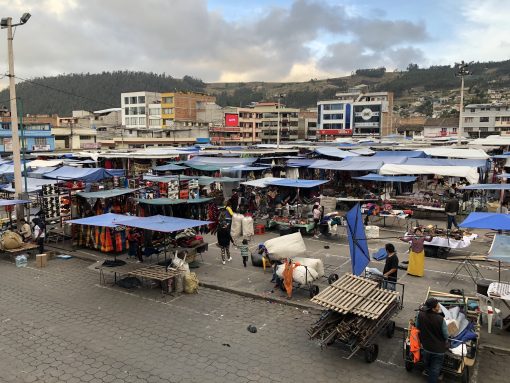
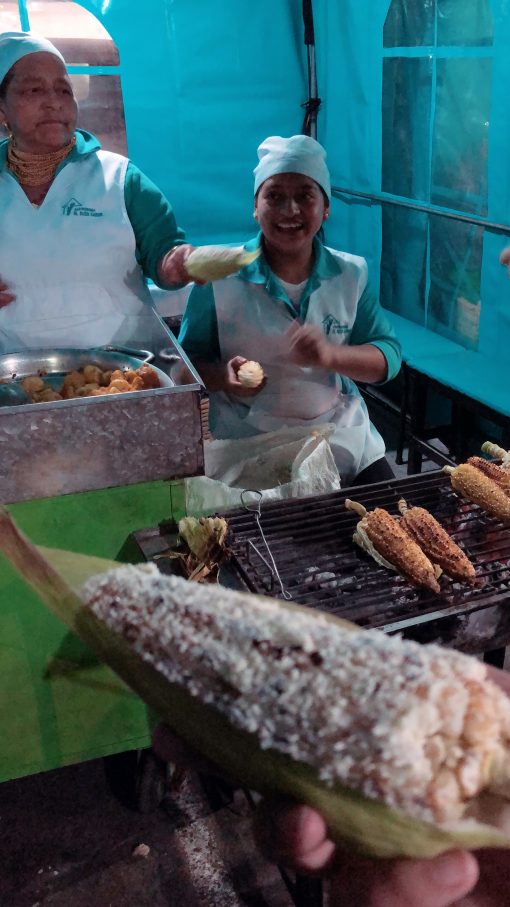
In addition to exploring downtown Otavalo from the hotel, there were excursions offered further afield. We took a trip to a nearby waterfall, hot springs (which turned into an extended trip after our bus broke down at the bottom of a very steep hill), local artisan textile shops, and working farms.
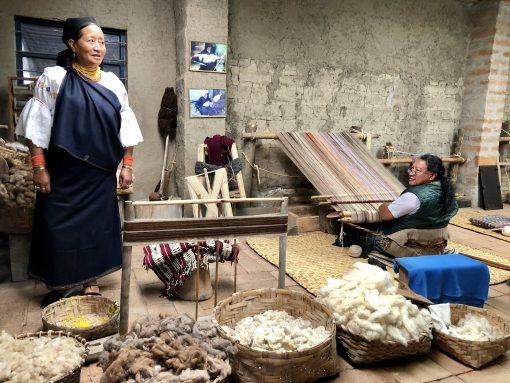
The final day of the trip was spent sightseeing between Otavalo and Quito, where our late night flights departed from. We stopped at a rose farm, two different equator spots, and ended with a tour of Quito.
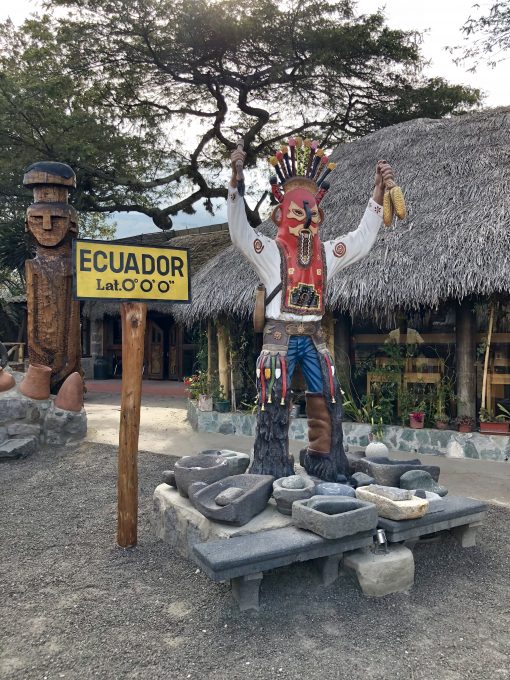
How Can You Get Involved?
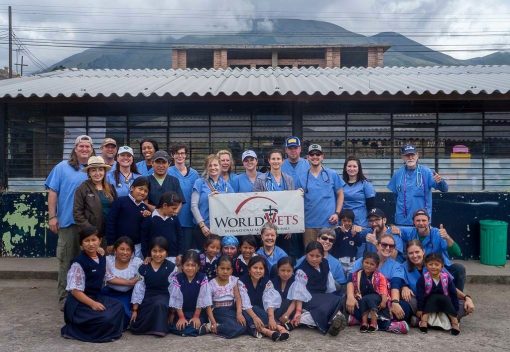
Volunteer
Volunteer positions are open to Veterinarians, Vet Techs (licensed and unlicensed), and “assistants” who are anyone that wants to help out, no experience required. I can say from experience, if you are an animal lover, then volunteering is an incredibly rewarding experience. However, it’s not for everyone. You are assisting with surgeries, so if you’re squeamish around blood or other bodily fluids, you should think twice about volunteering. This is a messy job, and you will end every day with some questionable stains on your scrubs (mostly dewormer for me), but luckily the hotel we stayed at offers laundry service. I don’t mean that to be discouraging. Like I said, this is an incredibly rewarding experience that I can’t recommend enough, but it’s not for everyone.
Donate
Love cute cuddly animals and want to help out without seeing them cut open? World Vets will be happy to take your donations! You can set up one time or recurring donations here, and it’s tax deductible and any amount helps. If you’re feeling extra generous, but don’t think you can stomach it, I’d be happy to go in your place!
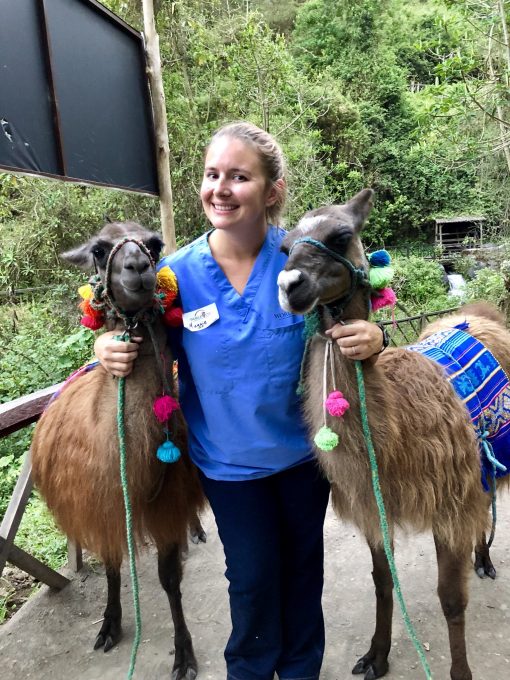
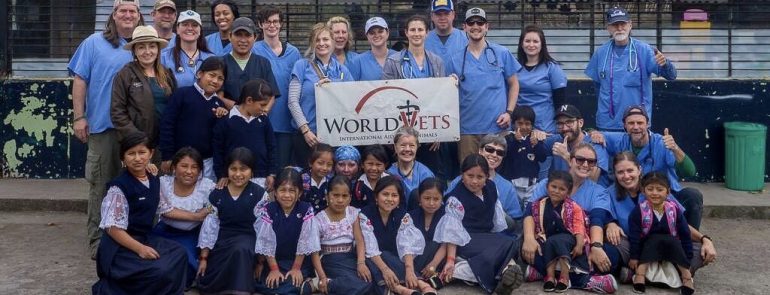
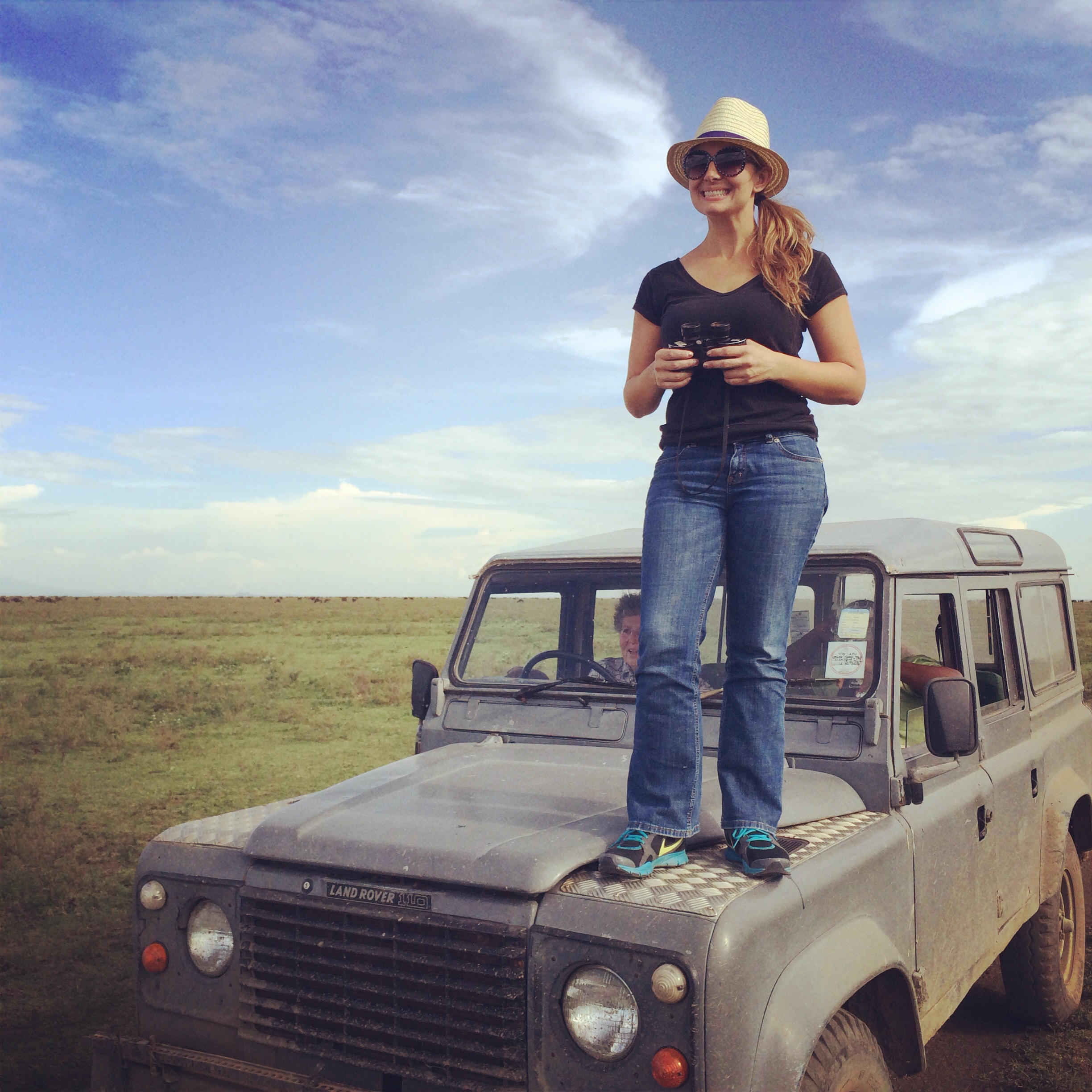
I am so jealous, I would love to do this! Looks like you had a great and meaningful time.
Wow, what an incredible experience! I’m amazed at how you managed to pick up actual medical duties, especially considering you were taught it another language. T
Wow, I’d absolutely love to do something like this since I ADORE animals. Volunteering is amazing, but especially abroad. So enriching!
Volunteering is fantastic, doing it abroad is just even more so.
There are various vet clinics that does volunteer work. It is so nice to get professional help to make sure animals are healthy.
Marrickville veterinarian recently posted…My cat is missing